Guests
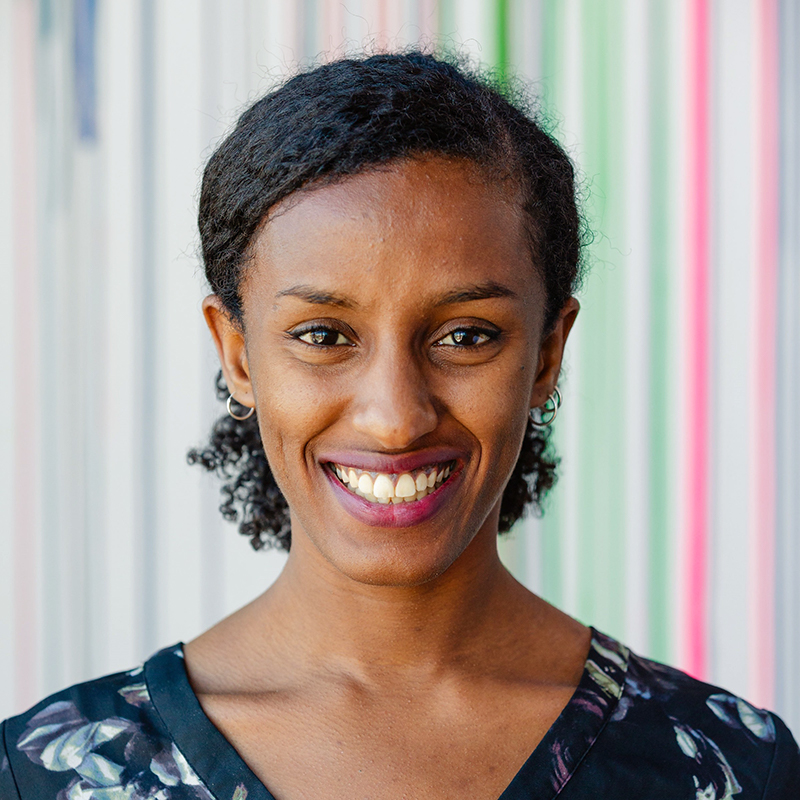
Rediet Abebe
Rediet Abebe is an Assistant Professor of Computer Science at the University of California, Berkeley and a Junior Fellow at the Harvard Society of Fellows. Abebe holds a Ph.D. in computer science from Cornell University and graduate degrees in mathematics from Harvard University and the University of Cambridge. Her research is in artificial intelligence and algorithms, with a focus on equity and justice concerns. Abebe co-founded and co-organizes Mechanism Design for Social Good (MD4SG) — a multi-institutional, interdisciplinary initiative. Her dissertation received the 2020 ACM SIGKDD Dissertation Award and an honorable mention for the ACM SIGEcom Dissertation Award for offering the foundations of this emerging research area. Abebe also co-founded Black in AI, a non-profit organization tackling equity issues in AI. Her research is influenced by her upbringing in her hometown of Addis Ababa, Ethiopia.
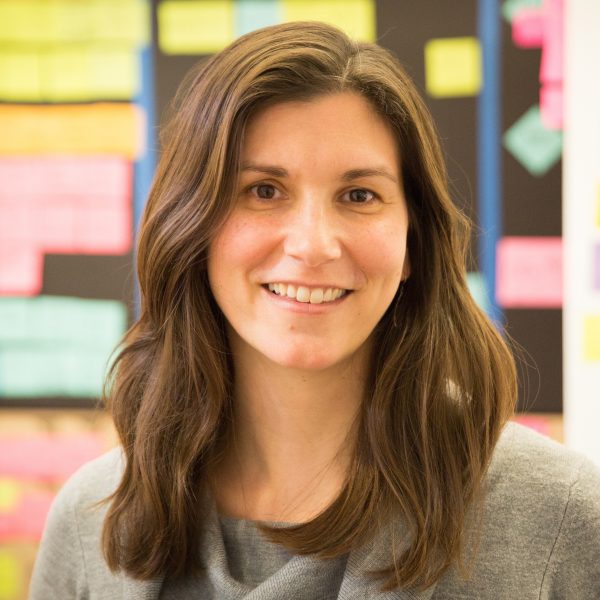
Carissa Carter
Carissa Carter is the Director of Teaching and Learning at the Stanford d.school. In this role she guides the development of the d.school’s pedagogy, leads its instructors, and shapes its class offering. She teaches courses on the intersection of data and design, design for climate change, and maps and the visual sorting of information. Carissa was one of the co-leaders of Stanford 2025, a multi-year d.school project that envisioned the future of higher education. Prior to the d.school, Carissa ran her own design practice, Parallel Design Labs, and focused on helping companies of all sizes execute their internal innovation projects and programs. She also spent time living in Hong Kong working for Herman Miller leading their user research efforts for the Asian market.
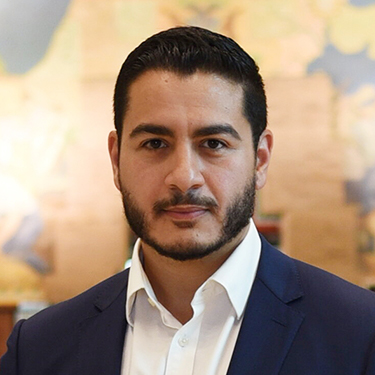
Dr. Abdul El-Sayed
Dr. Abdul El-Sayed is a physician, epidemiologist, educator, author, speaker, and podcast host. His newsletter, The Incision, cuts to the heart of the trends shaping our moment. He is a commentator at CNN. His three books include Healing Politics, calling for a politics of empathy to cure our epidemic of insecurity, and Medicare for All: A Citizen’s Guide with Dr. Micah Johnson. He is the host of “America Dissected,” a podcast by Crooked Media, which goes beyond the headlines to explore what really matters for our health. He is a Senior Fellow at the FXB Center for Health & Human Rights at the Harvard TH Chan School of Public Health, and a Scholar-in-Residence at Wayne State University and American University, teaching at the intersection of public health, public policy, and politics. He is formerly the Health Director for the City of Detroit and candidate for Governor of Michigan in 2018.
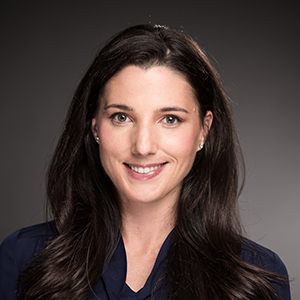
Emily Glassberg Sands
Emily Glassberg Sands is Vice President of Data Science at Coursera, the world’s leading platform for higher education. Emily’s team builds the statistical models and machine learning algorithms that power content discovery and scale an engaging and personalized learning experience; leads the measurement, experimentation, and inference that informs Coursera’s product and business strategy; and develops the analytical products and direct data access for the company’s university partners and enterprise customers. She holds a Ph.D. in Economics from Harvard and a B.A. from Princeton. Her academic research blends experimentation, econometrics, and machine learning to understand labor markets and consumer decision-making, and has been featured in the popular press including the New York Times, Wall Street Journal and National Public Radio. She is also a member of the World Economic Forum’s Council on the New Agenda for Education and Skills.
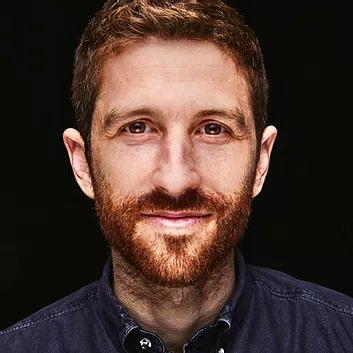
Tristan Harris
Called the “closest thing Silicon Valley has to a conscience,” by The Atlantic magazine, Tristan Harris spent three years as a Google Design Ethicist developing a framework for how technology should “ethically” steer the thoughts and actions of billions of people from screens. As a featured subject in the record-shattering Netflix documentary, The Social Dilemma, he is now co-founder & president of the Center for Humane Technology, whose mission is to reverse ‘human downgrading’ and re-align technology with humanity. Additionally, he is co-host of the Center for Humane Technology’s Your Undivided Attention podcast with co-founder Aza Raskin.
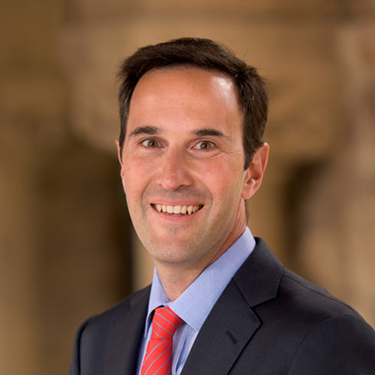
Jonathan Levin
Jonathan Levin is an applied economist whose research is in the field of industrial organization. He is best known for his work on contracting relationships and on the design of market rules and institutions. In the last few years, he has studied subprime lending, health insurance, the allocation of radio spectrum, and the economics of internet markets. Jonathan Levin is also the Philip H. Knight Professor and Dean of Stanford Graduate School of Business. He was appointed as the 10th dean of the school in September 2016. Dean Levin joined the Stanford faculty as an assistant professor in 2000. He rose through the ranks to become the Holbrook Working Professor of Price Theory in the Department of Economics. He has taught market design, game theory, microeconomics, and industrial organization at the undergraduate and graduate levels.
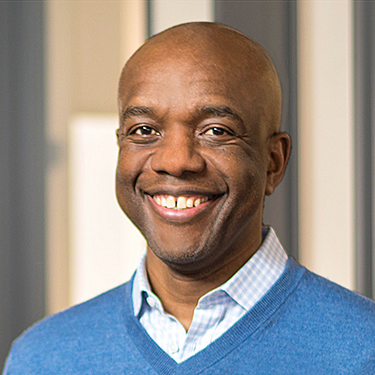
James Manyika
James has worked with the chief executives and founders of many tech companies. He has led research on technology and its impact on business and the economy. James was appointed by President Barack Obama to serve as vice chair of the Global Development Council at the White House, and by US Commerce Secretaries to the Digital Economy Board and the National Innovation Board. He serves on the boards of the Council on Foreign Relations, the Hewlett and MacArthur Foundations. He serves on board of the Broad Institute of MIT and Harvard, and on advisory boards at Oxford, Stanford, and Harvard. He is a member of the National Academies of Science, Engineering and Medicine Committee on Responsible Computing. A Rhodes Scholar, James has DPhil, MSc, and MA. from Oxford in AI and robotics, computation, a BSc in electrical engineering from the University of Zimbabwe.
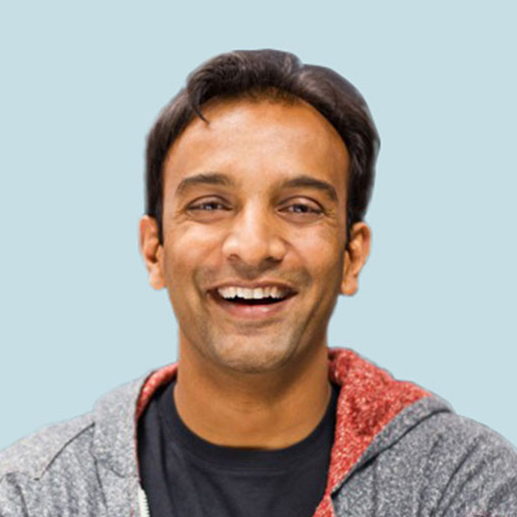
DJ Patil
Dr. Patil was appointed by President Obama to be the first U.S. Chief Data Scientist where his efforts led to the establishment of nearly 40 Chief Data Officer roles across the Federal government. He also established new health care programs including the Precision Medicine Initiative and the Cancer Moonshot, new criminal justice reforms including the Data-Driven Justice and Police Data Initiatives that cover more than 94 million Americans, as well as leading the national data efforts. He also has been active in national security and for his efforts was awarded by Secretary Carter the Department of Defense Medal for Distinguished Public Service which the highest honor the department bestows on a civilian. More details can be found on his LinkedIn profile: http://www.linkedin.com/in/dpatil and can be followed on twitter @dpatil
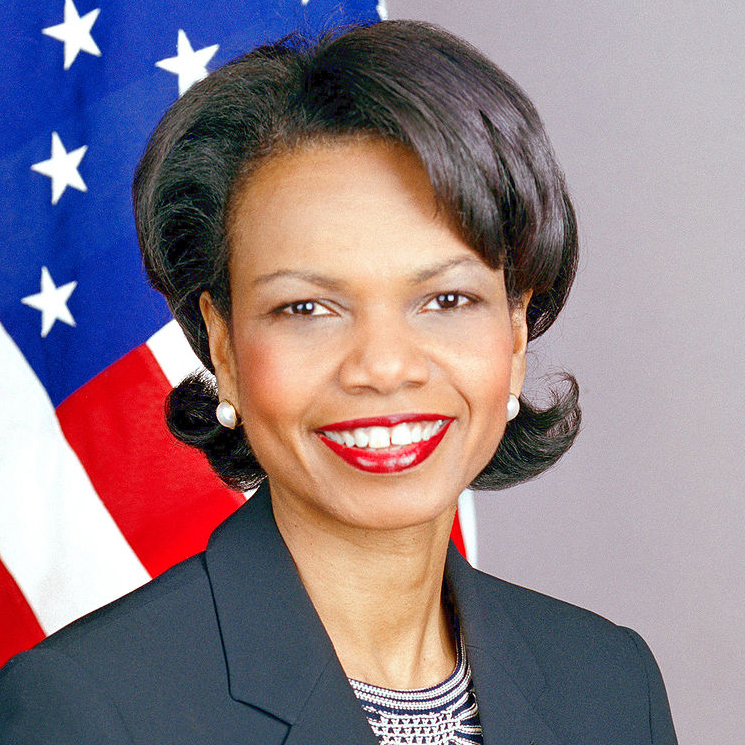
Condoleezza Rice
From January 2005-2009, Rice served as the 66th Secretary of State of the United States, the second woman and first African American woman to hold the post. Rice also served as President George W. Bush’s Assistant to the President for National Security Affairs (National Security Advisor) from January 2001-2005, the first woman to hold the position. As professor of Political Science, Rice has been on the Stanford faculty since 1981 and has won two of the highest teaching honors. Rice currently serves on the board of Dropbox, an online-storage technology company, C3, an energy software company, and Makena Capital, a private endowment firm. In addition, she is a member of the boards of the George W. Bush Institute, the Commonwealth Club, the Aspen Institute, and the Boys and Girls Clubs of America.
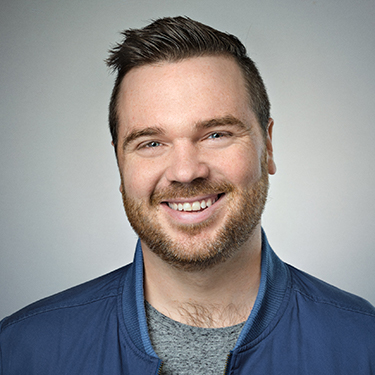
Kevin Roose
Kevin Roose is an award-winning tech columnist for The New York Times and the author of the new book Futureproof: 9 Rules for Humans in the Age of Automation (out March 9, more details and pre-order links here). He is also the host of the “Rabbit Hole” podcast, and a regular guest on “The Daily.” His column covers the intersection of tech, business, and culture, and he writes and speaks regularly on many topics, including automation and A.I., social media, disinformation and cybersecurity, and digital wellness. Recently, his reporting has focused on the ways people can thrive in an increasingly automated society by developing their uniquely human skills, rather than trying to compete with machines.
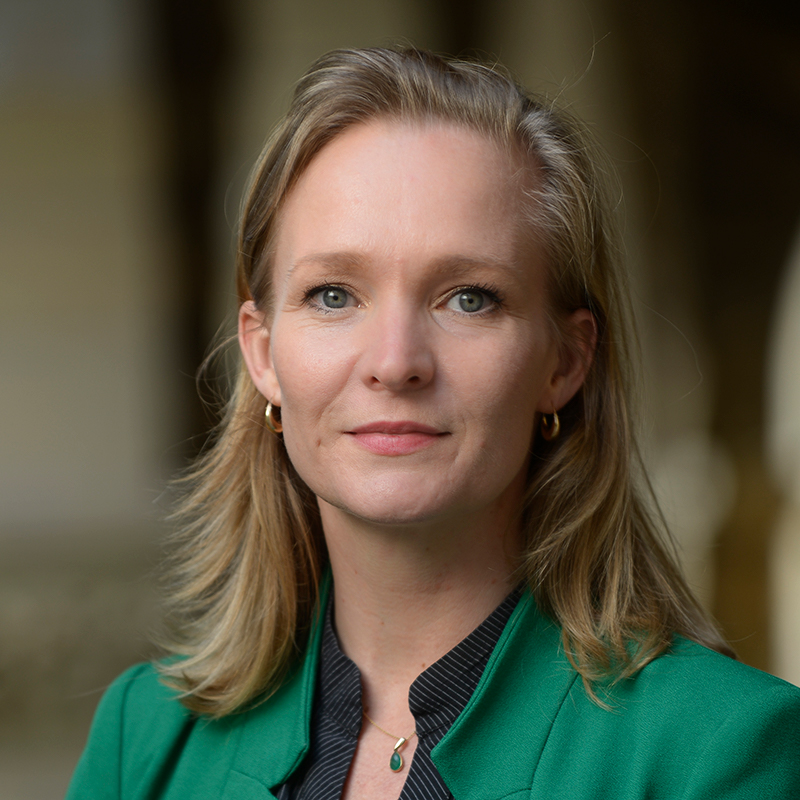
Marietje Schaake
Marietje Schaake is the international policy director at Stanford University’s Cyber Policy Center and international policy fellow at Stanford’s Institute for Human-Centered Artificial Intelligence. She was named President of the Cyber Peace Institute. Between 2009 and 2019, Marietje served as a Member of European Parliament for the Dutch liberal democratic party where she focused on trade, foreign affairs and technology policies. Marietje is affiliated with a number of non-profits including the European Council on Foreign Relations and the Observer Research Foundation in India and writes a monthly column for the Financial Times and a bi-monthly column for the Dutch NRC newspaper.
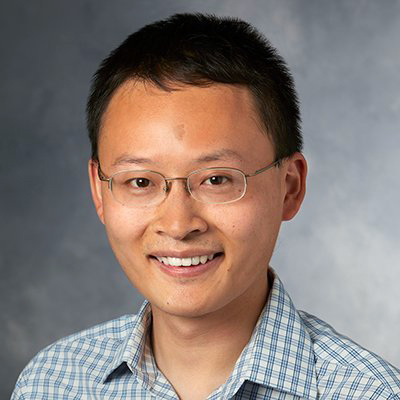
James Zou
I am an Assistant Professor of Biomedical Data Science and, by courtesy, of Computer Science and Electrical Engineering at Stanford University. I work on a wide range of problems in machine learning (from proving mathematical properties to building large-scale algorithms) and am especially interested in applications in biotech and health. I received a Ph.D from Harvard in 2014, and was at one time a member of Microsoft Research, a Gates Scholar at the University of Cambridge and a Simons fellow at U.C. Berkeley. I joined Stanford in 2016 and am excited to be an inaugural Chan-Zuckerberg Investigator and the faculty director of the AI for Health program. We are also a part of the Stanford AI Lab. My research is supported by the NSF CAREER Award, and the Google and Tencent AI awards.